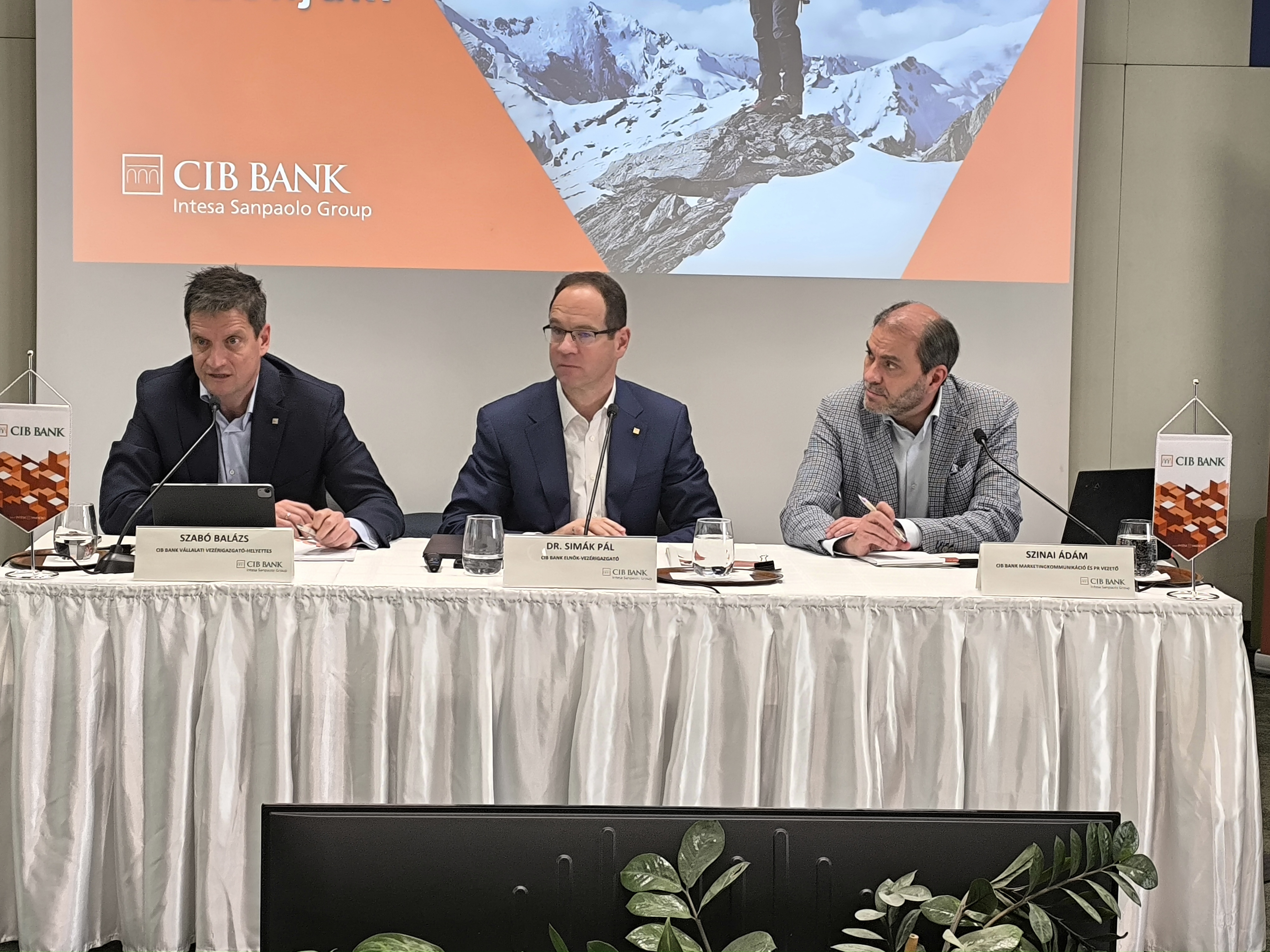Slovakia could adopt a Hungarian style EKAER system

Since the introduction of the Electronic Public Road Trade Control System (EKAER) in Hungary, considerable progress has been made in the prevention of VAT fraud; Slovak tax authorities are therefore planning to introduce a similar electronic monitoring solution, according to a press statement sent to the Budapest Business Journal by auditing and financial advisory firm Grant Thornton Hungary.
Grant Thornton notes that, although the exact details in relation to the introduction of an EKAER-like system are unknown, the Slovak tax authorities have outlined the planned Electronic Transport Control System (ETCS) at a conference. Their aim is to establish a system which enables the online monitoring of the transportation of goods, the firm notes. This will ensure greater transparency, reduce tax fraud and increase revenues, according to the expectations of Slovakians.
The company points out that tax fraud and abuses are common in the CEE region, and in the past period the Slovak tax authorities have found that tax evasion is quite frequent during the import of goods eligible for VAT exemption (Customs procedure 42). Besides this, VAT theft during multi-jurisdictional trading, which is called carousel fraud within EU member states, is considered a great problem in Slovakia, Grant Thornton says. Hence the possible introduction of an EKAER-lik system emerged. The Slovak ETCS would monitor the consignments in real time based on the electronic registration and the ETCS number; the monitoring of vehicles would be provided through the toll system.
In Hungary, EKAER was introduced on March 1, 2015, by the Hungarian National Tax and Customs Administration (NAV), Grant Thornton reminds. The aim was to strengthen the position of compliant market operators and ensure the transparency of the trade of goods, thus enabling the detection of tax evaders and eliminating abuses connected to foodstuffs, which often have associated risk to human health.
EKAER helps monitor the transport of goods, as firms need to state the name and quantity of goods, the address of the consignee and the consignor, and the registration number of the transporting vehicle during the electronic registration of the consignment. All firms who bring goods from another EU member state to Hungary, or supply goods from Hungary to another member state, need to register in EKAER, as well as those who supply goods subject to taxation in domestic trade, to other than end users, Grant Thornton explains.
“In 2015, during the introduction, a lot of questions were raised concerning the new system. The affected firms, consultants and professionals remember this period well. The transition was not smooth, and they had to face the initial problems of EKAER,” said László Soós, tax director of Grant Thornton Hungary. “For example, in the first three months, the system was only operating in test mode. Because of practical problems, there have been several amendments to the regulation. But in the past period we can say that the system is functioning well. The administrative needs are transparent for firms, and it can effectively monitor the transportation of goods. And I think it is a positive feedback on an international level if another country is considering implementing a system similar to the Hungarian one,” he added.
SUPPORT THE BUDAPEST BUSINESS JOURNAL
Producing journalism that is worthy of the name is a costly business. For 27 years, the publishers, editors and reporters of the Budapest Business Journal have striven to bring you business news that works, information that you can trust, that is factual, accurate and presented without fear or favor.
Newspaper organizations across the globe have struggled to find a business model that allows them to continue to excel, without compromising their ability to perform. Most recently, some have experimented with the idea of involving their most important stakeholders, their readers.
We would like to offer that same opportunity to our readers. We would like to invite you to help us deliver the quality business journalism you require. Hit our Support the BBJ button and you can choose the how much and how often you send us your contributions.








